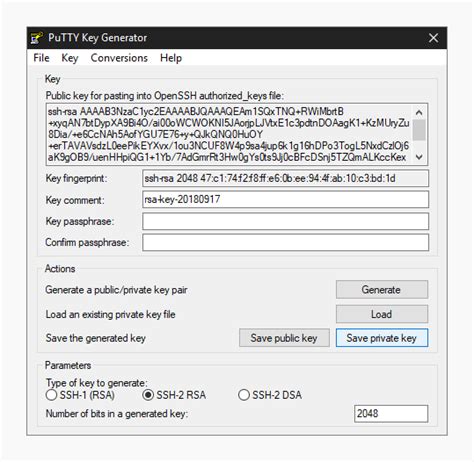Ethereum: Can I use a passphrase as a private key?
When it comes to storing and recovering private Bitcoin keys, many users assume they need to use something like a password or PIN. However, there is an alternative approach that might provide some users with peace of mind: using a passphrase as a private key.
In this article, we explore the possibilities and limitations of using long, mixed passphrases as private Bitcoin keys.
What is a passphrase?
A passphrase is a string of words or characters that serves as a password. In the context of Bitcoin, a passphrase can be used to generate a long, unique private key from an existing public key. This process is called “passphrase-based generation” (PBG).
Can I use a passphrase as a private key?
Yes, theoretically it is possible to use a passphrase as a private key in Ethereum. Here’s how:
- Create a new public-private pair: First, you need to create a new public-private pair on the Ethereum network. To do this, you first need to set up an account and then create a new address using the “eth account generate” command.
- Use passphrase-based generation (PBG)
: Once you have your public key, you can use it to generate your private key. To do this, use the “eth account derive” command with the “-P” option followed by your passphrase. . . .
- Storage and retrieval: You can then store this private key in a secure location, such as a hardware wallet or password manager.
Benefits of using a passphrase as a private key
Using a passphrase as a private key offers several benefits:
- Security: Passphrases are usually long and complex, making it harder for an attacker to guess your private key.
- No passwords required: You don’t need to store or recall a password; instead, you can simply use a passphrase to generate your private key.
Disadvantages of using a passphrase as a private key
However, there are also some limitations and considerations:
- Private key recovery: If someone gains access to your public key, they may be able to recover your private key by trying all possible combinations or using advanced password cracking methods.
- Password management: You still need to manage your passphrase securely, which can be challenging.
Real world consequences
While it is theoretically possible to use a passphrase as a private key on Ethereum, there are some important limitations:
- Ethereum focuses on security: Ethereum has historically focused on creating a secure and decentralized platform. Using passphrases as private keys may not fit that notion.
- Regulatory considerations
: In the future, governments or regulators may deem passphrases insecure or vulnerable to abuse.
Conclusion
Using a passphrase as a private key is an interesting idea, but one must consider the potential downsides. While this can provide additional security in certain situations, it may not be the most practical approach for day-to-day bitcoin management.
If you are currently concerned about the security of your private keys, we recommend that you explore other options, such as:
- Hardware wallets: Store your private key in a secure hardware wallet to prevent unauthorized access.
- Password manager: Use a reputable password manager to generate and store strong passwords or passphrases.
- Private key encryption: Consider using advanced encryption methods to protect your private keys.
We will continue to look for innovative solutions to secure bitcoin private keys in the future. Stay tuned for updates!



